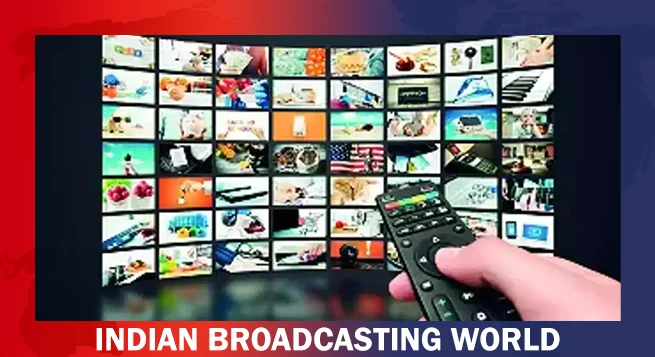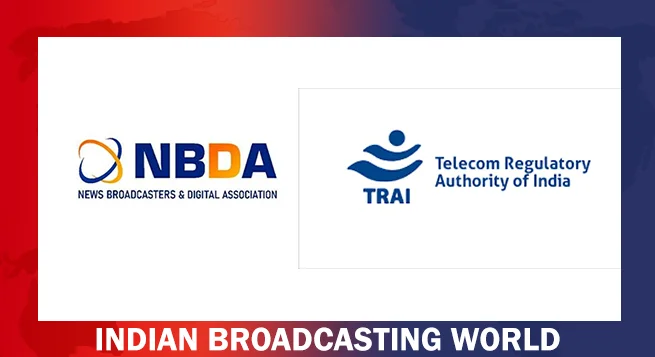Voicing concern over children getting addicted to mobile games, Rajya Sabha (Upper House) member and senior BJP leader Sushil Kumar Modi on Friday demanded that the government should regulate the online gaming industry and impose a uniform tax on it.
Raising the issue during the Zero Hour, he said these online games have now given way to gambling and betting, PTI reported from New Delhi.
Rajya Sabha Chairman M Venkaiah Naidu asked Ashwini Vaishnaw, who is Minister of Communications, Electronics & Information Technology, to take note of this issue. “Consult the Law Ministry and do the needful. It’s a big menace,” Naidu remarked.
Modi said the booming online gaming industry has become a big problem for the youngsters in this country.
“Online gaming is becoming a big addiction. I would like to highlight that this sector, like the crypto industry, certainly has a regulatory lacunae. So, I would urge the government to bring a uniform tax on online gaming. I urge the government to make a comprehensive framework of regulation for online gaming,” he said.
If there are no regulations, Modi said, it will be difficult to stop children from getting addicted.
“Crores and crores of youngsters have become addictive to online gaming. As it is online, it is very difficult to prevent kids from getting addicted. And now this online gaming has been converted into gambling or betting. And now there is a controversy whether it is a game of skill or it is a game of chance,” the BJP leader said.
During the pre-Covid period, the BJP leader said, the weekly time spent on mobile gaming was 2.5 hours, while 11 percent of total smartphone time was spent on gaming. However, during lockdown, the gaming time has increased to four hours.
The BJP member said more than 43 crore (430 million) people are into online gaming currently, and the number is projected to increase to 65.7 crore (675 million) by 2025. The revenue earned by online gaming was Rs 13,600 crore and this is likely to increase to Rs. 29,000 crore in the year 2025.
The number of mobile downloads have also increased, he added.
Modi noted that many states like Telangana, Andhra Pradesh and Kerala had banned online gaming but it was struck down by high courts.
He added that millions of people are playing games like Ludo Kings, Rummy, Poker, Dream 11 (the company is the title sponsor for IPL cricket and one of the top sponsors of Indian cricket).
Indian Industry Defends Online Gaming:The All India Gaming Federation (AIGF) and industry association IAMAI have both opined that describing online gaming as gambling would not be doing justice as they require skills like in any other sport.
Both have also said that the industry is self-regulating itself.
Indianbroadcastingworld.com reviewed a presentation recently made by AIGF at APOS India, organized by Singapore-based Media Partners Asia, which said that India was the fifth largest market for online gaming globally and offers huge opportunities in terms of investments and employment-generation.
According to AIGF, investment deals worth US$650 million-plus were inked in the last three years and the industry is a direct beneficiary of PM Narendra Modi’s ‘Digital India’ initiatives.
Pointing out that online-gaming sector among the fastest-growing sunrise segments, it has been one of the few industries to beat the economic downtrend, while benefiting from smartphone penetration, affordable data and the digitization of
e-commerce and payments platforms.
China Restricted Online Gaming Exposure:Meanwhile, in a major crackdown on online businesses, including gaming and ed-tech, China recently curtailed its growing influence, Reuters had reported in August this year.
Beijing now has forbidden under-18s from playing video games for more than three hours a week, a stringent social intervention that it said was needed to pull the plug on a growing addiction to what it once described as “spiritual opium”.
The restrictions, put in by China, which apply to any devices including phones, are a body blow to a global gaming industry that caters to tens of millions of young players in the world’s most lucrative market.
The laws limit under-18s to playing for one hour a day — 8 pm to 9 pm — on only Fridays, Saturdays and Sundays, according to the Xinhua state news agency. The kids can also play for an hour, at the same time, on public holidays.
 Prime Video to limit in India number of TV sets having access per subscription
Prime Video to limit in India number of TV sets having access per subscription  Delhi HC orders meta to remove deepfake videos of Rajat Sharma
Delhi HC orders meta to remove deepfake videos of Rajat Sharma  Govt. blocked 18 OTT platforms for obscene content in 2024
Govt. blocked 18 OTT platforms for obscene content in 2024  Broadcasting industry resists inclusion under Telecom Act
Broadcasting industry resists inclusion under Telecom Act  DTH viewing going down & a hybrid ecosystem evolving: Dish TV CEO
DTH viewing going down & a hybrid ecosystem evolving: Dish TV CEO  Abhishek Singh Rajput shines in ‘Swipe Crime’ on MX Player
Abhishek Singh Rajput shines in ‘Swipe Crime’ on MX Player  Farhan Akhtar’s ‘120 Bahadur’ to hit theatres on November 21, 2025
Farhan Akhtar’s ‘120 Bahadur’ to hit theatres on November 21, 2025  COLORS announces 2025 lineup
COLORS announces 2025 lineup  Sony YAY! announces holiday wishes from Toon-Town this Christmas
Sony YAY! announces holiday wishes from Toon-Town this Christmas  8Bit Creatives partners with ESFI to elevate WAVES esports championship 2025
8Bit Creatives partners with ESFI to elevate WAVES esports championship 2025 








